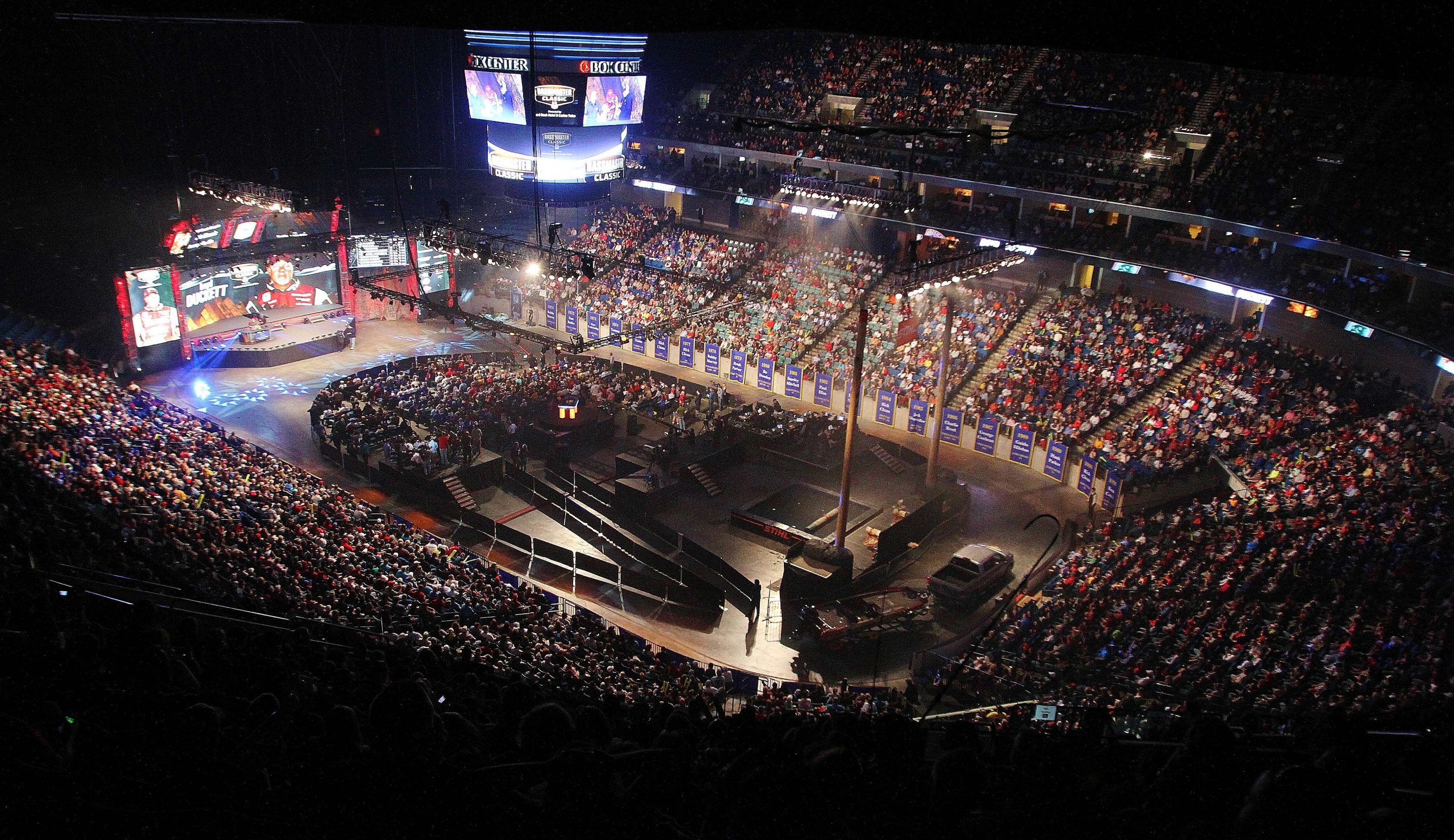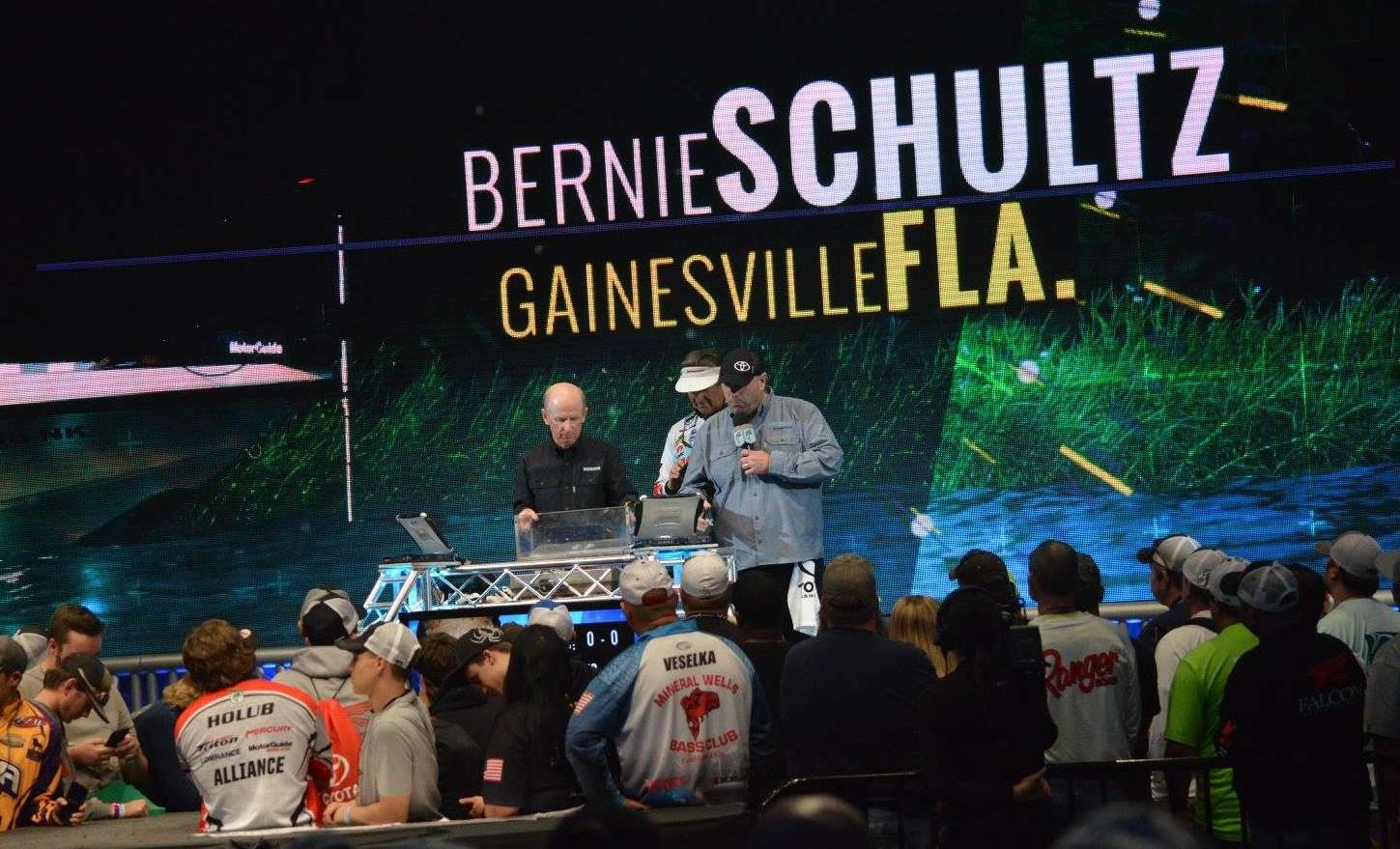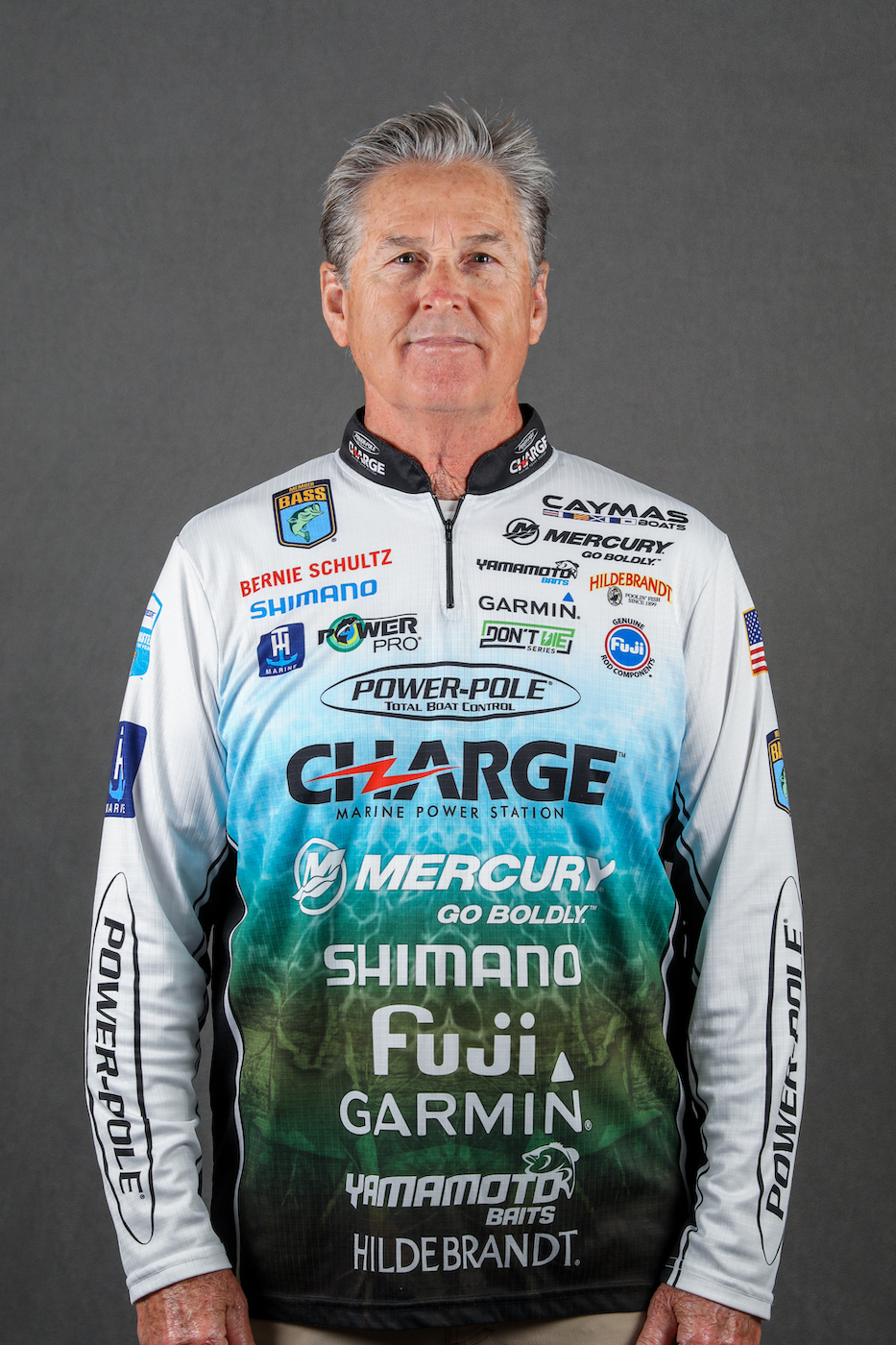
This week, the nation’s best anglers will compete in the GEICO Bassmaster Classic presented by DICK’S Sporting Goods. For many, it will be their first or second time. And speaking from experience, it’s almost certain most of the newer competitors will be overwhelmed by hype.
The Classic is that big.
They’ll be thinking about the thousands of screaming fans awaiting their arrival to the stage, expecting big weights. And they’ll be thinking about the other competitors … some of whom have tallied millions in winnings and seemingly countless victories.

Media will also be a concern. There is no escaping them.
Sponsors, too, will also add to the stress. Especially the larger tackle and marine companies who expect big things from their team members.
Add all of this together and it’s hard to imagine how any of the newer guys can even tie a clean knot, much less fish to the best of their abilities.
My Earliest Experiences
In 1991, I fished my second Bassmasters Classic. It was on the Chesapeake Bay, and I remember it as if it were yesterday. It was the one Classic where I felt I had a true shot at winning.
On Day 1 of the competition, I stayed close to takeoff, fishing docks and duck blinds. I knew, in doing so, I could maximize my fishing time in productive water. And I put together a respectable bag of fish as a result … especially considering how tough the conditions were.
My total weight of 9 pounds, 5 ounces had me sitting in the low teens — approximately 5 pounds behind first day leader, Zell Rowland. Although that may sound like an insurmountable lead, in retrospect, it wasn’t.
Overwhelmed by the magnitude of the event and thinking I had to do something drastic to catch Zell, I abandoned my game plan. And sadly, I was on the winning fish and didn’t even know it.
Instead of trusting my instincts, I let Zell’s success and the hype surrounding it overcome my better judgement.
Everyone knew he was throwing topwaters on grassbeds in the lower Susquehanna River. So I figured, to catch up, I should do likewise … in an area I had found in practice. It was one of the worst decisions of my career.
Effectively, I left fish to find fish. I totally abandoned the dock and duck blind pattern, thinking I could match the patterns and success of another angler. It was a rookie mistake, and it cost me dearly.
Fishing on the opposite side of the river from Zell, approximately a half mile downstream, I plied a beautiful milfoil bed with a variety of lures — none of which were producing. Even after a couple of hours without success, I thought a different tide might trigger the bite. It never did. By early afternoon, it was time to head back to check-in.
Arriving just a few minutes early, I made a last second stop on a set of pilings — an old dock platform that had washed away. There, I caught my only fish of the day — a 1-pound rail that barely saved me from a shutout.
I dropped so far in the standings that I knew there was no way to catch Zell, even though he had barely managed to hang onto the lead.
Learning the Hard Way
On Day 3, I decided to stay close and resume fishing the docks and duck blinds. That’s when I figured out how bad my decision was on Day 2.
After working a couple of blinds and the first row of docks, I ventured to my other area in Middle River. When I reached one specific dock, I hooked a nice 3-pounder. And as I fought the fish to the boat, I could see a school of other 2- to 3-pounders with it.
Not just any ordinary school. I saw more fish than I could count.
For the next two hours, I plucked one after another from the same dock. It was so easy, it was sick. I actually spent more time culling than fishing.
By day’s end, I put together the third best stringer of the tournament and best day of the final round. I jumped all the way back to 11th place. Even sadder, I left them biting. I know now, had I fished that dock on Day 2 and managed them, those fish would have carried me to victory.
Zell’s pattern died on him, and he left the door open for eventual winner Ken Cook to pass him. Ken did so by chipping away with three modest, double-digit stringers. Realizing that, I wanted to crawl under a rock.
In this game, you only get so many chances for victory, and that was one I’ll never get back.
So, to those young anglers competing in this year’s event, I have this to share: Try to block out all the Classic distractions. Trust your instincts and stick to your plan.
Anything can happen over three days of fishing … and it probably will.

